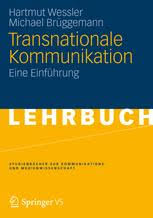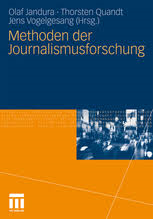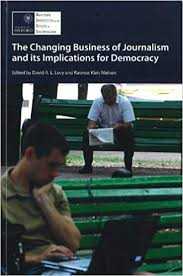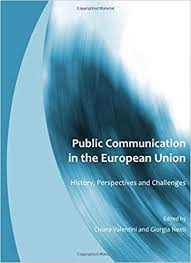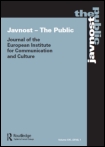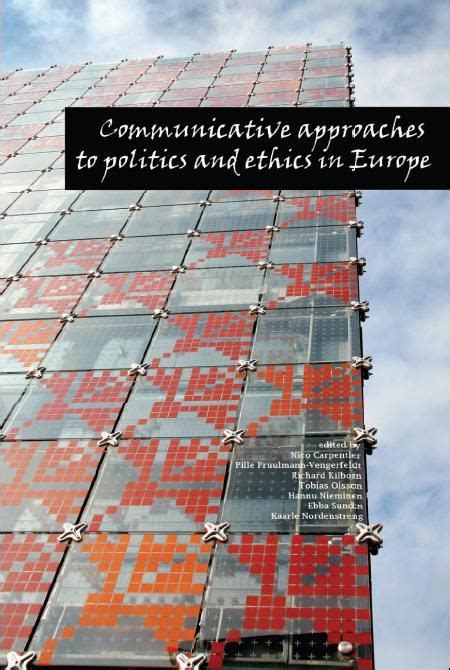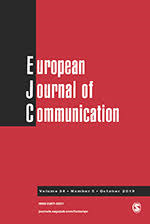Abstract
Einerseits ist die politische Berichterstattung in Europa durch einen gemeinsamen Blick auf die EU gekennzeichnet. In dem Sinne besteht eine europäische Öffentlichkeit. Andererseits bleibt eine solche Berichterstattung mehrfach segmentiert – nicht nur im Hinblick auf Länder, sondern auch im Hinblick auf die Art der Medien, in denen die Berichterstattung erfolgt. Wie ist diese Mehrfachsegmentierung zu erklären? Die Antwort, die in diesem Buch auf Basis von Redaktionsstudien in sechs europäischen Ländern gegeben wird, lautet: durch unterschiedliche politische Diskurskulturen. Diese bestehen nicht nur national, sondern sie existieren auch für unterschiedliche Typen von Zeitungen. Doch gibt es Ansätze des Entstehens einer europäischen politischen Diskurskultur?
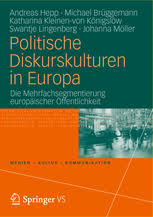
Hepp, Andreas; Brüggemann, Michael; Kleinen-v. Königslöw, Katharina; Lingenberg, Swantje; Möller, Johanna (2012): Politische Diskurskulturen in Europa. Die Mehrfachsegmentierung europäischer Öffentlichkeit. Wiesbaden: Springer VS. Available online at https://link.springer.com/book/10.1007%2F978-3-531-94324-4.

